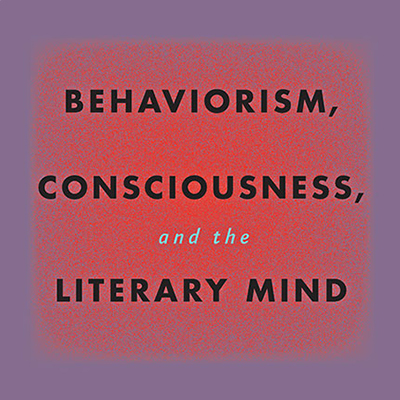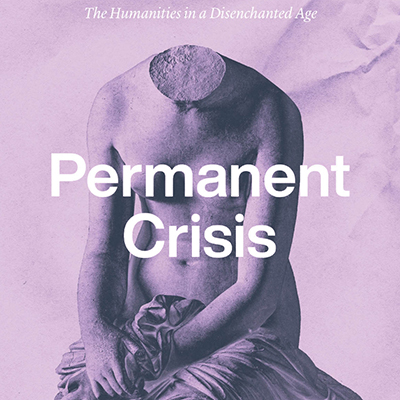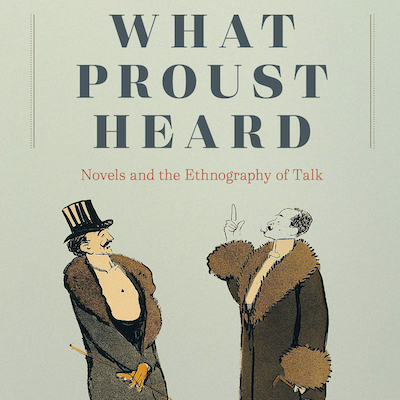
If inanimate objects such as novels or poems have no mental properties of their own, then why do we talk about them as if they do? Why do we perceive the minds of characters, narrators, and speakers as if they were comparable to our own?
In Behaviorism, Consciousness, and the Literary Mind (Johns Hopkins, 2021), Joshua Gang (English) offers a new approach to these challenging philosophical problems by turning to one of the 20th century's most infamous psychological doctrines: behaviorism. Beginning in 1913, a range of psychologists and philosophers argued that many of the things we talk about as mental phenomena are not at all interior but rather misunderstood behaviors and physiological processes. While behaviorism today has relatively little scientific value, Gang argues for its enormous critical value for thinking about why language is so good at creating illusions of mental life.
In the first sustained examination of behaviorism’s place in 20th-century literature and criticism, Gang offers innovative readings of figures such as I. A. Richards, the American New Critics, Samuel Beckett, Harold Pinter, and J. M. Coetzee.
Gang is joined by Daniel Wright (English, University of Toronto). After a brief discussion, they respond to questions from the audience.







